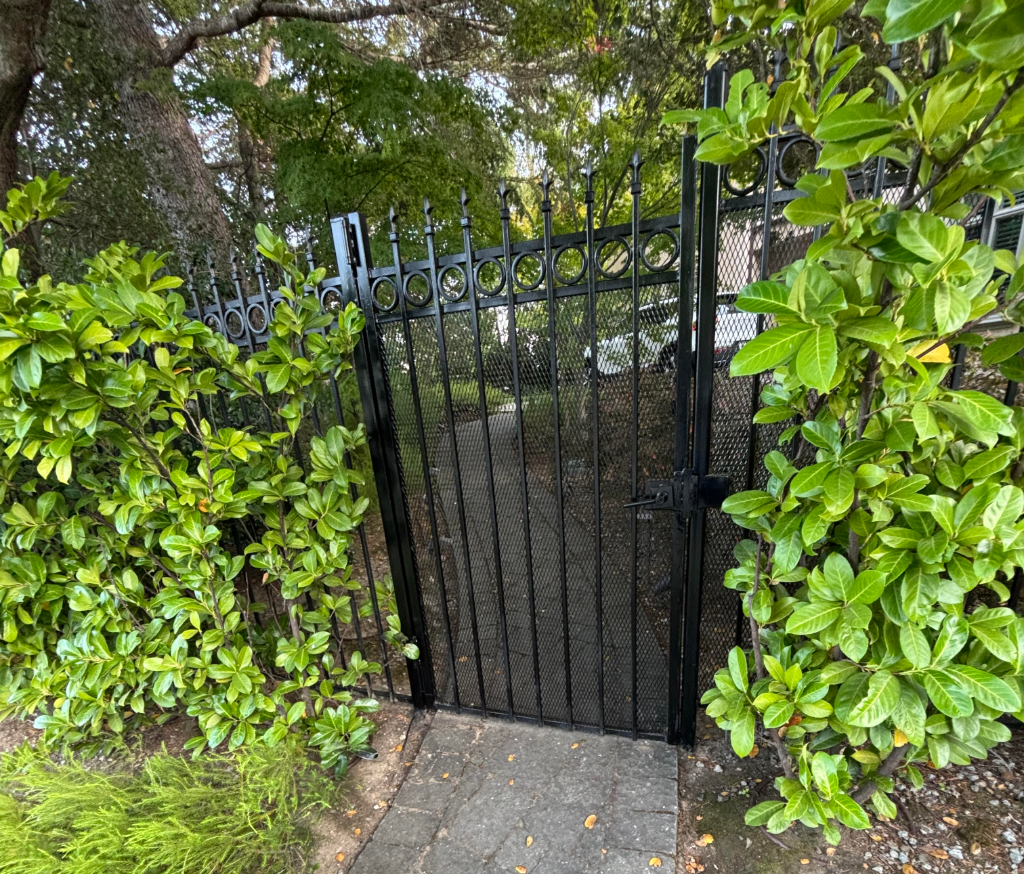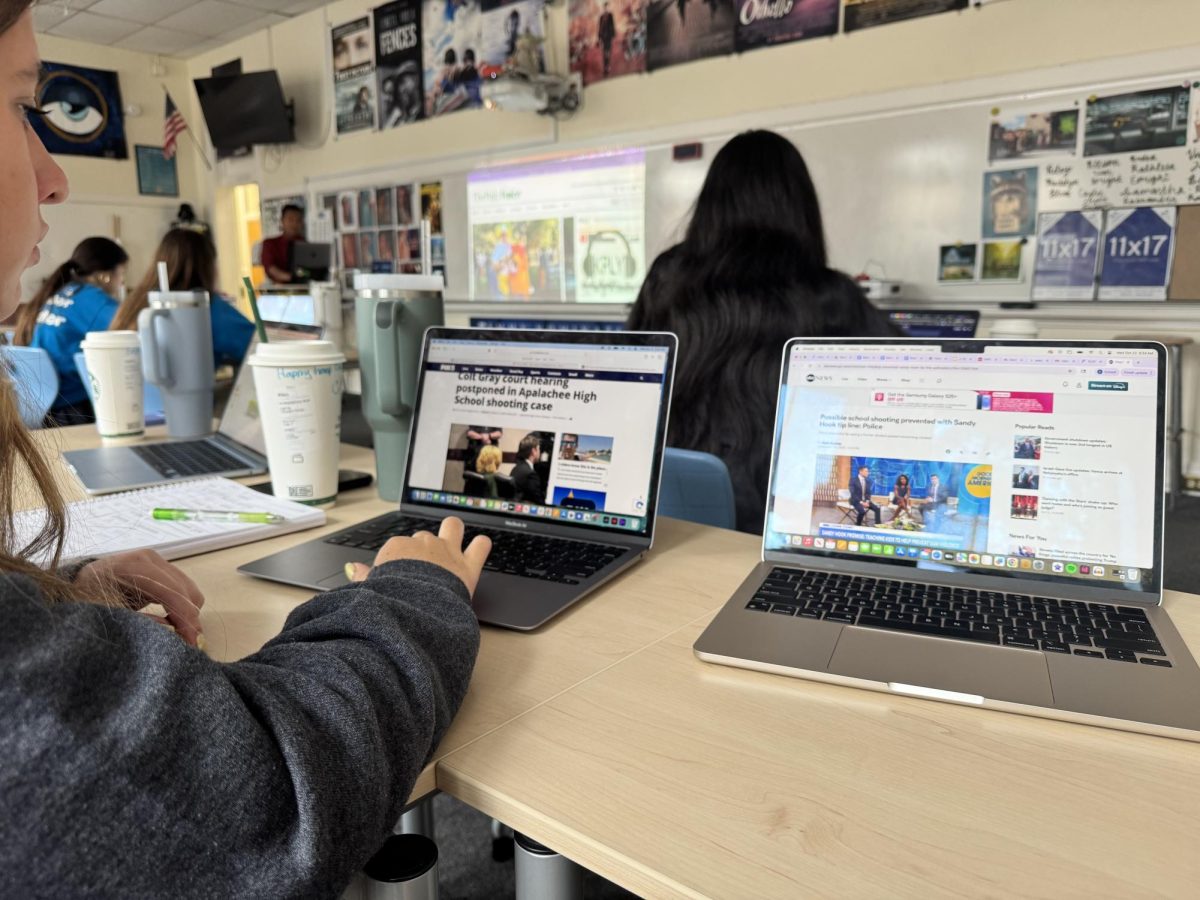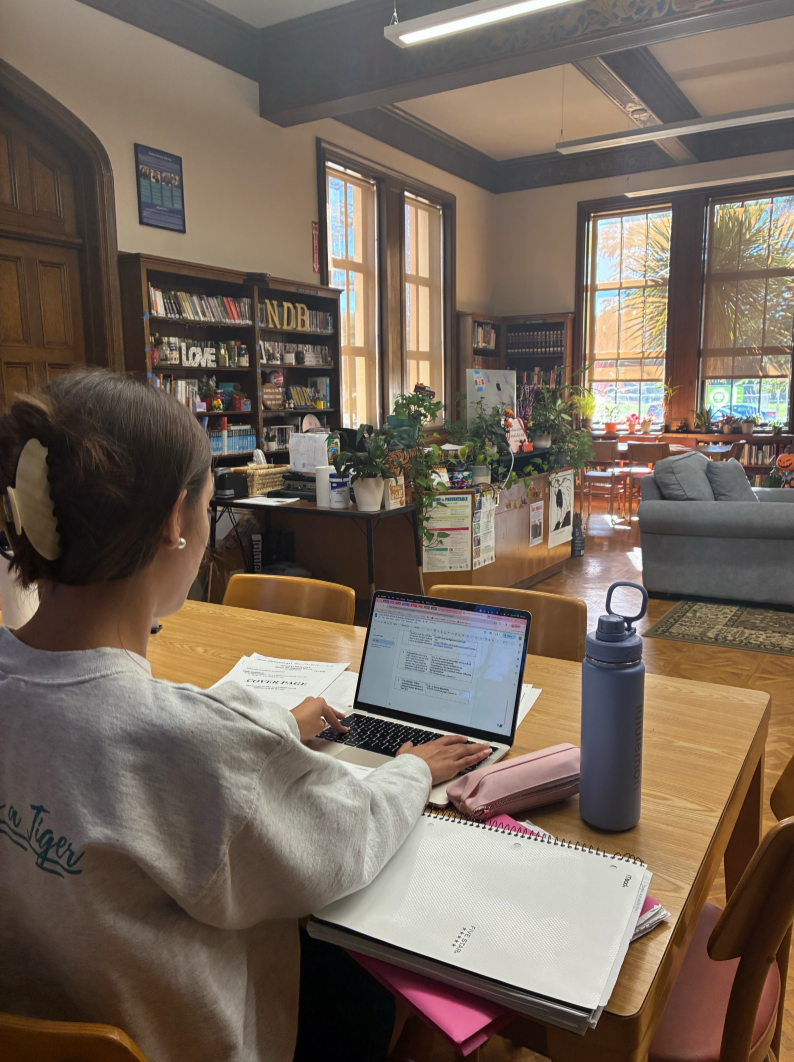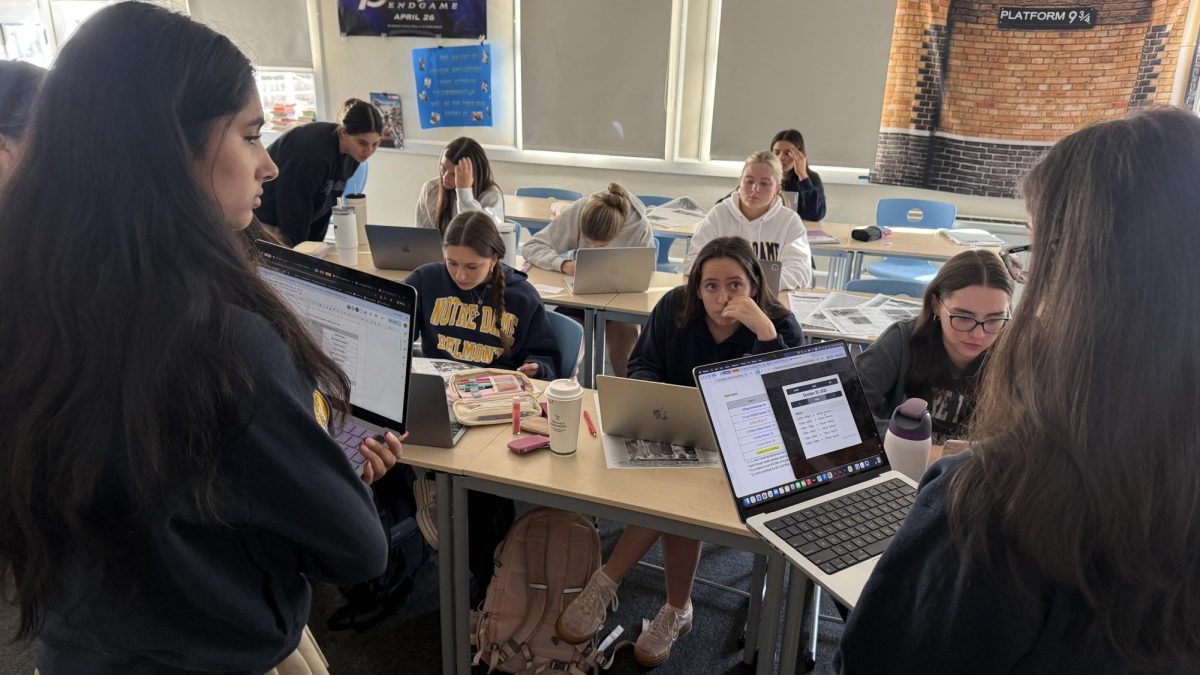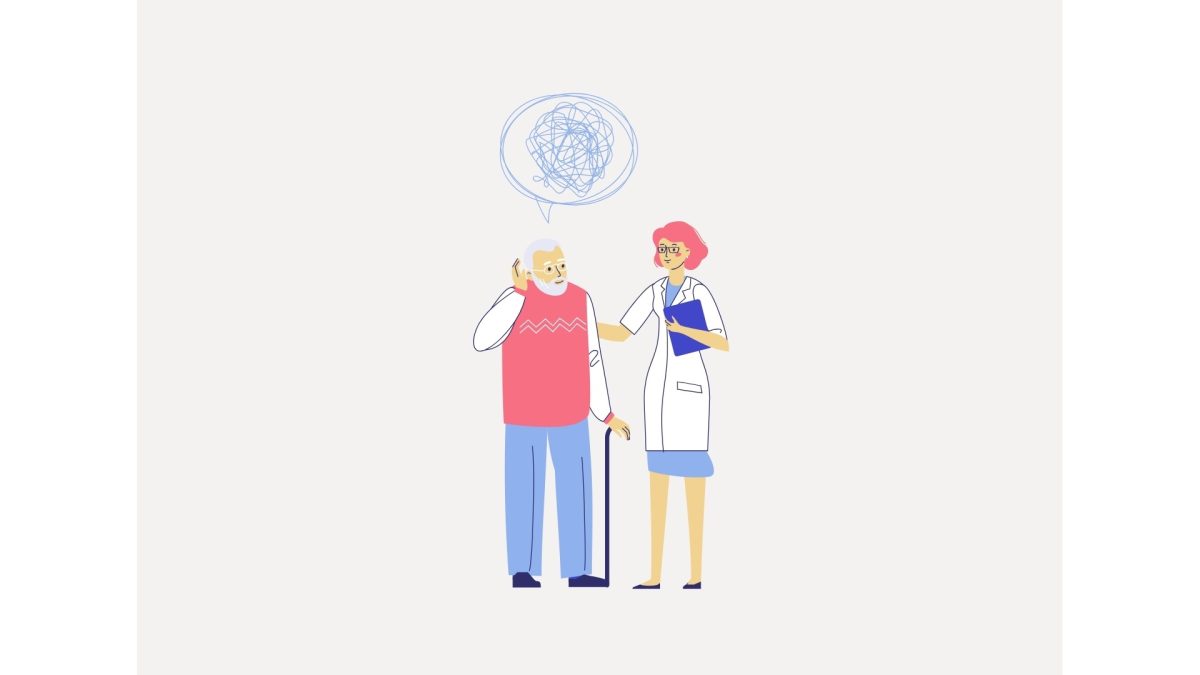Opening Christmas presents with one’s loved ones, going trick-or-treating on Halloween or dining at a favorite restaurant on one’s birthday are all traditions many may fondly remember from their childhood. They are often viewed as a positive way of preserving past experiences, one’s culture and creating community, but is it possible that they may have reached a point where people may outgrow them? Whether it is past norms, religious or memory-based traditions, over time, they may no longer be suitable.
One way traditions can act as a barrier is by discouraging change from taking place. For instance, in some societies, traditional gender roles prevent women from going into further education or pursuing a successful career when there are opportunities that exist. At NDB, young women are given the opportunity to take advanced classes, thereby enhancing their educational experience. Originally, it was uncommon for women to attend school. If people had lived based on the past, this change may not have been possible. Modern-day life often clashes with traditions that our society has established in the past, which can prevent change from occurring.
Tradition can also remove forms of innovation. In school, adhering to traditional ways can hinder the adoption of new ideas and impede growth. Instead of adapting to new ways of thinking, people may hold back if they feel tied to a tradition, even when change can improve something. For example, in the late 1900s at NDB, the uniforms were much stricter, fitting the time period. As society advances, uniforms are now much more flexible, not following a past norm. People cannot simply live their lives referring to the past, but need to build on life in the present.
Oftentimes, traditions can create exclusion in many environments. Cultural or religious practices can separate groups of people and can enforce division rather than encourage unity. While traditions may be meaningful to many, they can encourage an environment of judgment or exclusion. Originally, NDB was a solely Catholic school, but over time, it has evolved to embrace people of different cultures and faiths.
However, traditions should not be entirely abandoned; they can be necessary at times for creating connections with people through shared memories. Society needs to learn to strike a balance between respecting traditions and embracing progress at times. People should not freeze life in the past and instead, they should adjust to the present. This can strengthen communities instead of dividing them.
Traditions hold the most value when they are accommodating to all people and circumstances. It is necessary to honor traditions while still allowing room for growth to occur. Otherwise, what could be meant to preserve culture may hold many back from improving an idea or way of life.

